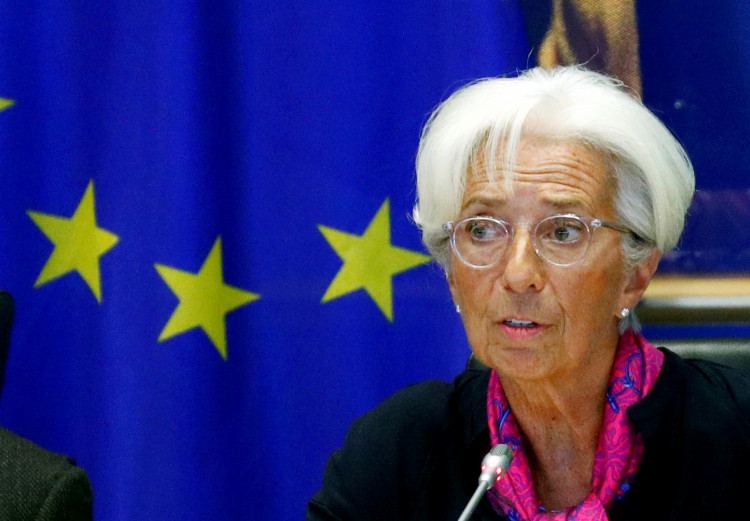European Central Bank (ECB) President Christine Lagarde has signaled that the bank is poised to cut interest rates in the near future, contingent on the absence of major disruptions. This announcement came during her interview with CNBC at the IMF Spring Meetings, where Lagarde underscored a cautious optimism about the ongoing disinflationary process in the eurozone.
Lagarde's statements have clarified the ECB's monetary policy direction, noting that, barring any unforeseen events, a moderation of current restrictive measures could be expected soon. "We are heading towards a moment where we have to moderate the restrictive monetary policy," Lagarde stated, indicating that the ECB's decision will largely depend on economic data aligning with their inflation moderation expectations.
The ECB, which held its interest rates steady at a record high during its last meeting, has been monitoring economic indicators closely. Despite not committing to a specific timeline, the central bank hinted at a possible rate decrease as early as June, if the inflation continues its downward trajectory towards the ECB's target of 2%.
This potential policy shift follows a period of heightened interest rates aimed at curbing the high inflation that has impacted the euro zone over the past year. However, recent data suggesting a cooling of inflation has led to a more optimistic outlook from the ECB, which now sees room to ease the monetary constraints.
During her discussion, Lagarde reiterated that the ECB is not pre-committing to a definitive path for rate cuts but is prepared to act if economic conditions permit. "I have been extremely clear on that and I have said deliberately we are not pre-committing to any rate path," she explained, highlighting the need for flexibility in response to uncertain economic indicators.
One significant factor influencing the ECB's cautious stance is the ongoing geopolitical tension in the Middle East, particularly the recent escalation between Iran and Israel. ECB policymaker Olli Rehn also emphasized the geopolitical risks during his statement, noting that the deteriorating situation could impact the euro zone's economic stability and thus affect the central bank's policy decisions.
The ECB's approach reflects a broader trend of central banks globally grappling with the challenge of managing inflation without stifling economic growth. Comparatively, the Federal Reserve has maintained a more reserved stance, with market expectations of a U.S. rate cut in June being relatively low due to persistent high consumer prices.
Lagarde also addressed the impact of commodity prices, especially oil, on inflation. With recent conflicts potentially affecting oil supply lines, the ECB remains "extremely attentive" to the possibility of rising energy costs, which could delay or alter planned rate cuts.
The anticipation of ECB's next steps comes at a critical time when the euro zone's economic recovery is still on fragile ground. Investors and policymakers alike are watching closely, as the actions of the ECB in the coming months could have significant implications for both the European and global economies.






